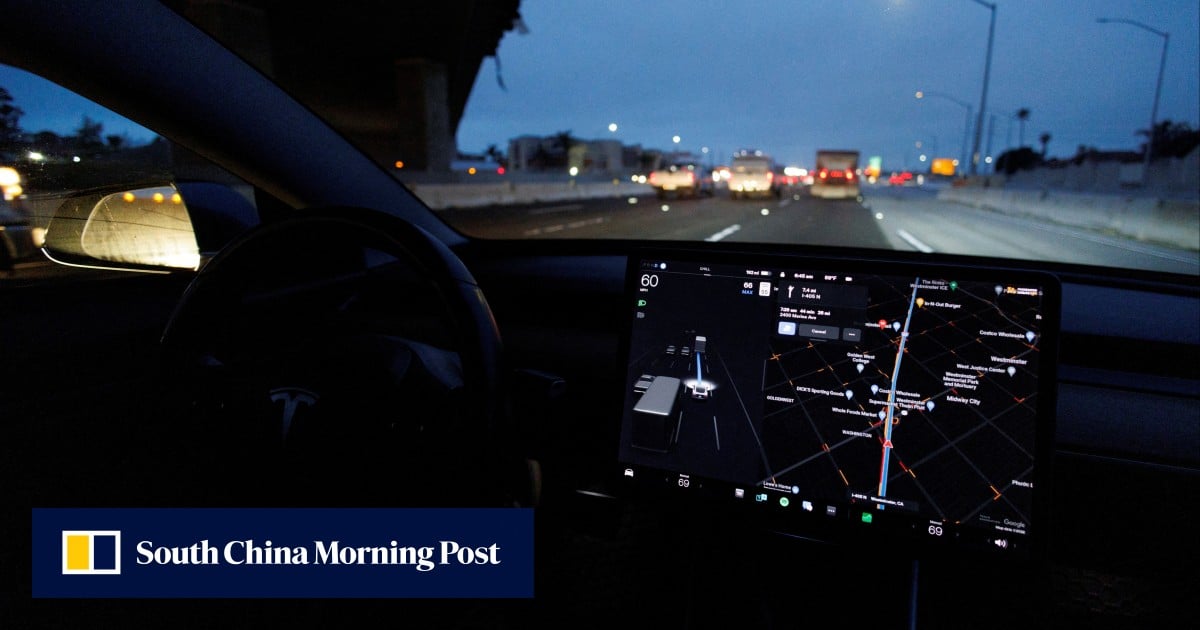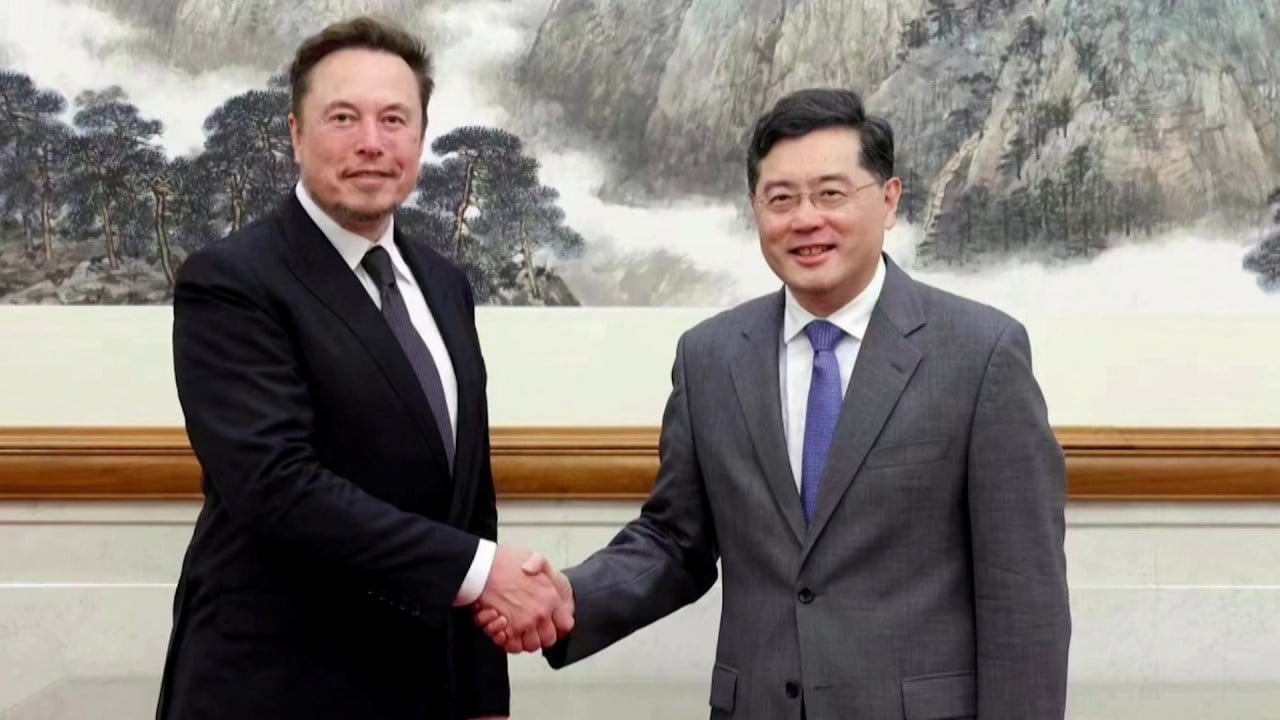“When you look at car buying in general, we’re trying to get to the next set of EV adopters,” chief financial officer Vaibhav Taneja said during an investor call in October.
The Musk-led company faces a number of hurdles to reach that crowd: Inflation and high interest rates have made consumers more cautious about big purchases. Additionally, plenty of buyers still wonder about safety, and if there are enough charging stations.
Those who do decide to make the switch from gasoline-powered cars also have an ever-expanding pool of EVs to pick from, besides Tesla.
In another challenge, on January 1, some of Tesla’s models are expected to lose the full US$7,500 federal EV tax credit thanks to stricter battery-component sourcing rules from China. The company’s website says some versions of the Model 3 will be affected.
Tesla took some steps to break into the mass market in 2023. It slashed prices across its lineup, sacrificing profit margins for volume. The markdowns were especially pronounced in China, the market where Musk has said it is most difficult to compete.
However, the EV maker will probably still be surpassed by China’s BYD, which has a much fresher lineup. Tesla’s newest vehicle, the futuristic-looking Cybertruck, still has not reached volume production and is at least a year away from profitability, Musk said in October. The carmaker probably handed over between 200 and 5,000 Cybertrucks in the quarter, analysts estimated.
Tesla has yet to give guidance for how many vehicles it expects to deliver in 2024. The two models that have accounted for about 97 per cent of the company’s deliveries this year – the Model 3 sedan and Model Y sport utility vehicle – first launched in 2017 and 2020.
“We struggle to understand how underlying demand is likely to materially improve with an increasingly aged product lineup, and no incremental reduction in price, amid increasing competition in the EV space,” Toni Sacconaghi, a Bernstein analyst who has the equivalent of a sell rating on Tesla shares, wrote in a research note to clients this week. “Equally importantly, we don’t see the situation improving in 2025.”
Tesla does have a few levers to pull to boost sales going forward. It revamped its Model 3 sedan this year, giving it a sleeker look and longer range. It first offered the vehicle in China before selling it in Europe, and the new Model 3 is expected to reach the US in 2024, though Tesla has not confirmed timing. Additionally, the company is said to be planning to roll out a new version of the Model Y from its Shanghai plant.
Tesla is also expanding its marketing efforts. It has built a formidable brand without paying for traditional advertising, but it recently began experimenting with Google ads. One that is out now touts the ability to lease a Model Y for US$399 a month.
Owuraka Koney, a managing director at Jennison Associates, which holds a stake in Tesla, said he believes the EV maker is doing a lot to reach the next wave of potential customers.
The Cybertruck is drawing curious buyers to Tesla showrooms. Additionally, he said Tesla executives besides Musk, such as design chief Franz von Holzhausen and Lars Moravy, vice-president of vehicle engineering, are speaking out more on behalf of the company to market Tesla’s products.
“If you look at global EV sales, BYD and Tesla are still the main players driving the volume,” Koney said. “Going forward, Tesla will continue to be well-positioned.”


